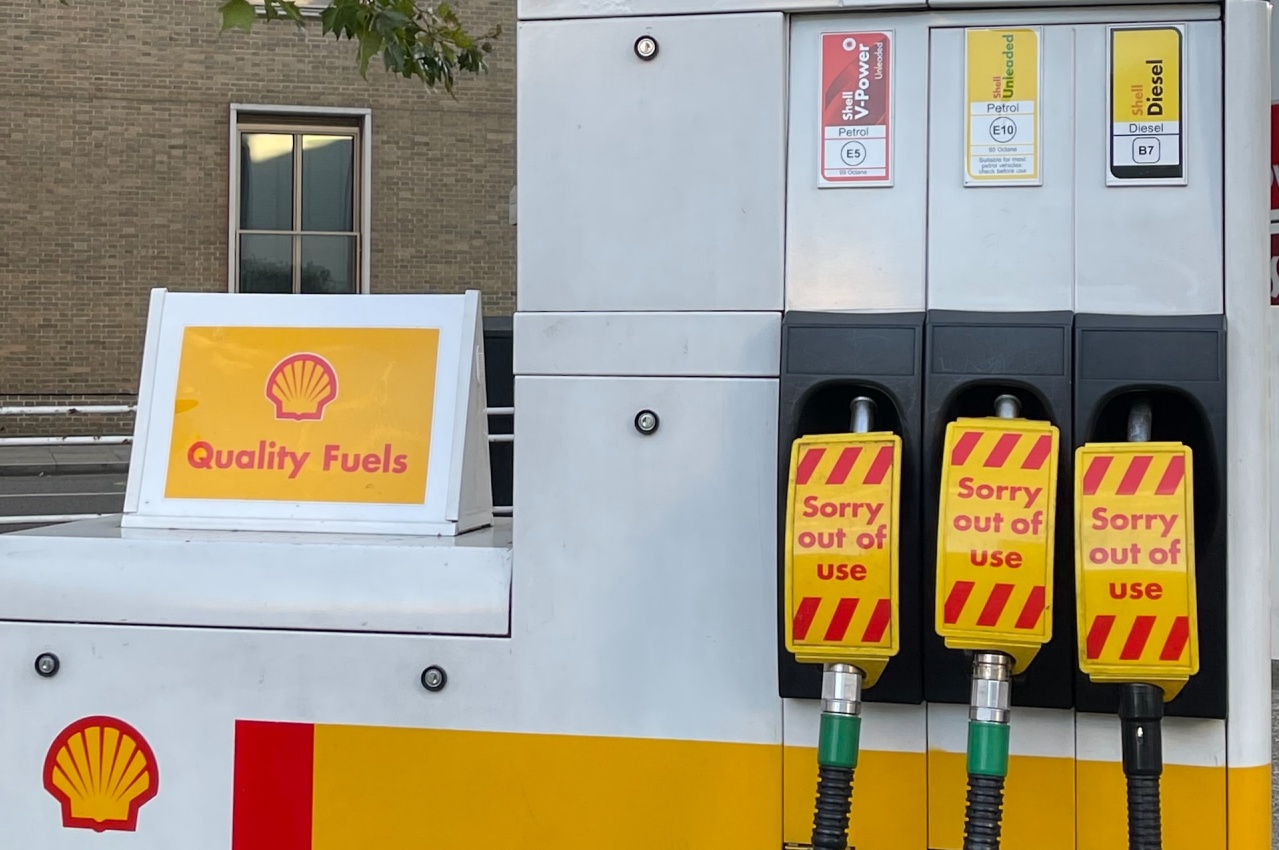Shell Brasil Petróleo Ltda., a unit of Shell plc, revealed the production of the FPSO Sepetiba in the Mero field has commenced. This is located in offshore Santos Basin in Brazil, also known as Mero-2.
The FPSO (Floating Production Storage and Offloading) Sepetiba produces crude oil and gas at sea, and it reportedly has an operational capacity of 180,000 barrels of oil per day and 12 million cubic meters of natural gas. In the first wave, it is also linked to six production and six injector wells in the field.
First Production at FPSO Sepetiba
The floating production storage and offloading is operated by Petrobras' Sepetiba, a Brazilian state-run oil company, and it announced the start of its first production through a recent securities filing. The operation of the FPSO is expected to boost production efficiency while doing its part to contribute to lowering emissions as well.
As per Reuters, Sepetiba is the third production facility that has been built by the company at the Mero oilfield site. There are also plans to install more units to increase production further. The total output in this oilfield is about 230,000 barrels per day (bpd).
Stake Ownership in Mero Oilfield
Petrobras runs and owns a 38.6% stake in the Mero oilfield. It was reported that the other stakeholders include Shell, Brazil's Pré-Sal Petróleo S.A. (PPSA), TotalEnergies, China National Petroleum Corporation (CNPC), and China National Offshore Oil Corporation (CNOOC).
"The FPSO Sepetiba development leverages our world-class partnership with Petrobras and reinforces our presence in one of the most productive fields in Brazil," Shell's Integrated Gas and Upstream Director, Zoë Yujnovich, said in a press release. "This project aligns with Shell's Powering Progress strategy and our commitment to leverage increasingly efficient and competitive developments in our heartlands to provide safe, secure energy supplies today and for decades to come."
Photo by: John Cameron/Unsplash



 Missouri Judge Dismisses Lawsuit Challenging Starbucks’ Diversity and Inclusion Policies
Missouri Judge Dismisses Lawsuit Challenging Starbucks’ Diversity and Inclusion Policies  Global PC Makers Eye Chinese Memory Chip Suppliers Amid Ongoing Supply Crunch
Global PC Makers Eye Chinese Memory Chip Suppliers Amid Ongoing Supply Crunch  Amazon Stock Rebounds After Earnings as $200B Capex Plan Sparks AI Spending Debate
Amazon Stock Rebounds After Earnings as $200B Capex Plan Sparks AI Spending Debate  Ford and Geely Explore Strategic Manufacturing Partnership in Europe
Ford and Geely Explore Strategic Manufacturing Partnership in Europe  TSMC Eyes 3nm Chip Production in Japan with $17 Billion Kumamoto Investment
TSMC Eyes 3nm Chip Production in Japan with $17 Billion Kumamoto Investment  Weight-Loss Drug Ads Take Over the Super Bowl as Pharma Embraces Direct-to-Consumer Marketing
Weight-Loss Drug Ads Take Over the Super Bowl as Pharma Embraces Direct-to-Consumer Marketing  Nasdaq Proposes Fast-Track Rule to Accelerate Index Inclusion for Major New Listings
Nasdaq Proposes Fast-Track Rule to Accelerate Index Inclusion for Major New Listings  Sony Q3 Profit Jumps on Gaming and Image Sensors, Full-Year Outlook Raised
Sony Q3 Profit Jumps on Gaming and Image Sensors, Full-Year Outlook Raised  Alphabet’s Massive AI Spending Surge Signals Confidence in Google’s Growth Engine
Alphabet’s Massive AI Spending Surge Signals Confidence in Google’s Growth Engine  Prudential Financial Reports Higher Q4 Profit on Strong Underwriting and Investment Gains
Prudential Financial Reports Higher Q4 Profit on Strong Underwriting and Investment Gains  Hims & Hers Halts Compounded Semaglutide Pill After FDA Warning
Hims & Hers Halts Compounded Semaglutide Pill After FDA Warning  CK Hutchison Launches Arbitration After Panama Court Revokes Canal Port Licences
CK Hutchison Launches Arbitration After Panama Court Revokes Canal Port Licences  Trump Backs Nexstar–Tegna Merger Amid Shifting U.S. Media Landscape
Trump Backs Nexstar–Tegna Merger Amid Shifting U.S. Media Landscape  SoftBank Shares Slide After Arm Earnings Miss Fuels Tech Stock Sell-Off
SoftBank Shares Slide After Arm Earnings Miss Fuels Tech Stock Sell-Off  SpaceX Prioritizes Moon Mission Before Mars as Starship Development Accelerates
SpaceX Prioritizes Moon Mission Before Mars as Starship Development Accelerates  Instagram Outage Disrupts Thousands of U.S. Users
Instagram Outage Disrupts Thousands of U.S. Users 































